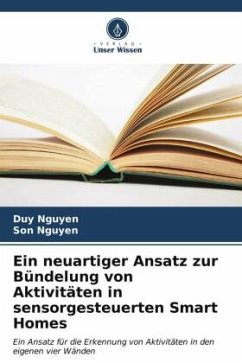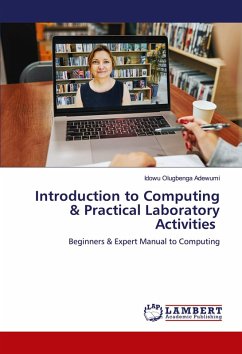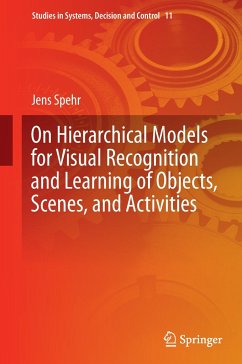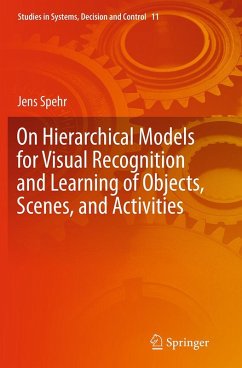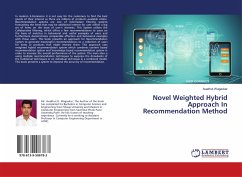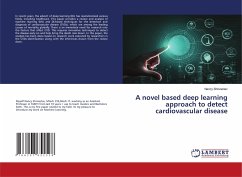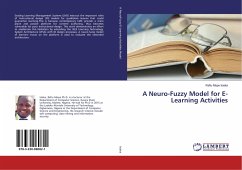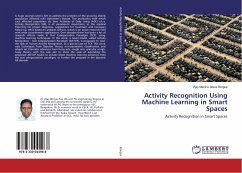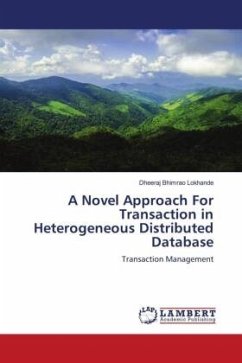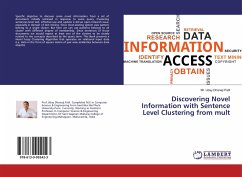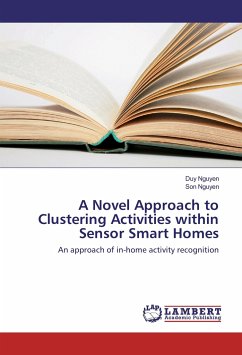
A Novel Approach to Clustering Activities within Sensor Smart Homes
An approach of in-home activity recognition
Versandkostenfrei!
Versandfertig in 6-10 Tagen
24,99 €
inkl. MwSt.

PAYBACK Punkte
12 °P sammeln!
Activity clustering and recognition is an important research trend about smart home. Result clusters obtained from training process are applied in recognizing, controlling as well as forecasting activities inside a sensor smart home. Activities differ from each other at typical characteristics such as sensor sets triggered or temporal ones. In this work, we present a smart home infrastructure and propose an unsupervised approach of clustering in-home activities based on temporal characteristics. Experiment results show that the new approach creates more flexible and accurate clustering results...
Activity clustering and recognition is an important research trend about smart home. Result clusters obtained from training process are applied in recognizing, controlling as well as forecasting activities inside a sensor smart home. Activities differ from each other at typical characteristics such as sensor sets triggered or temporal ones. In this work, we present a smart home infrastructure and propose an unsupervised approach of clustering in-home activities based on temporal characteristics. Experiment results show that the new approach creates more flexible and accurate clustering results when compared to the smart home system named AALO reported in the research work of Enamul Hoque et al. Besides, in this work it is proven that clustering results affects significantly to the outcome of next-activity forecasting process via experimental comparison results.



